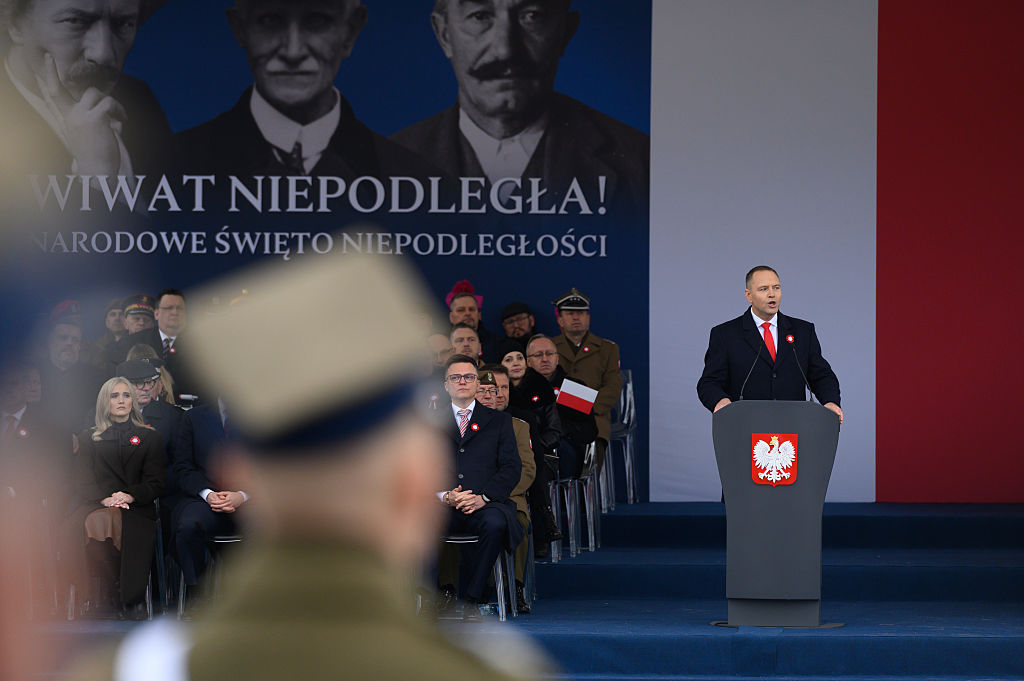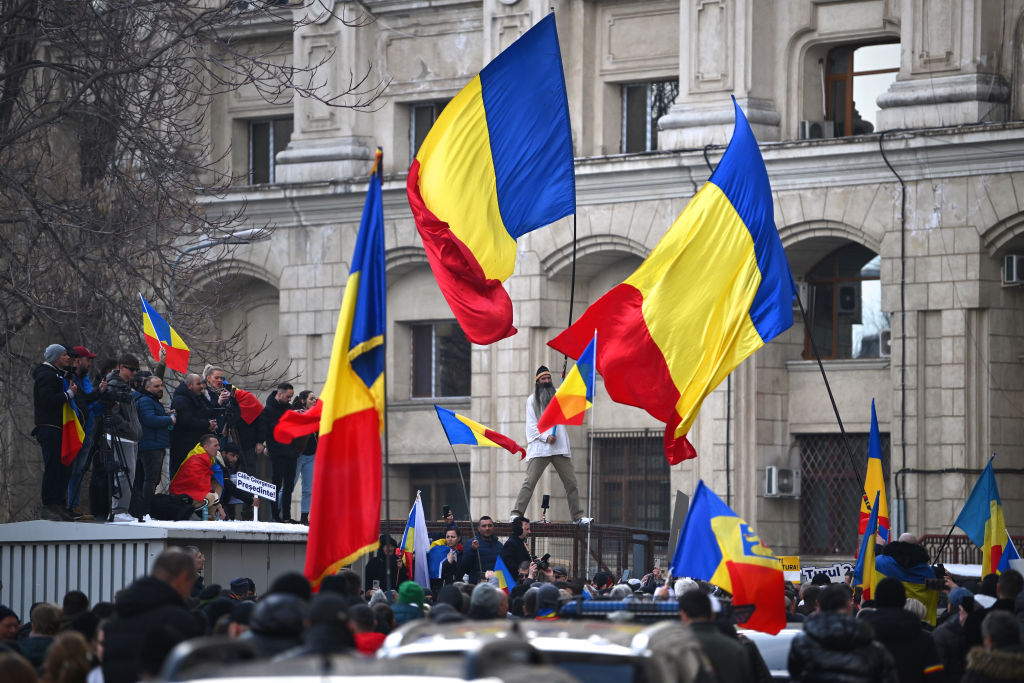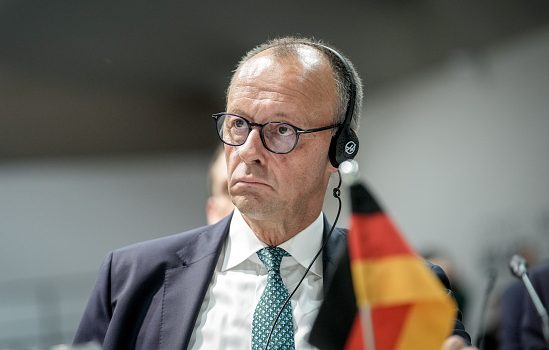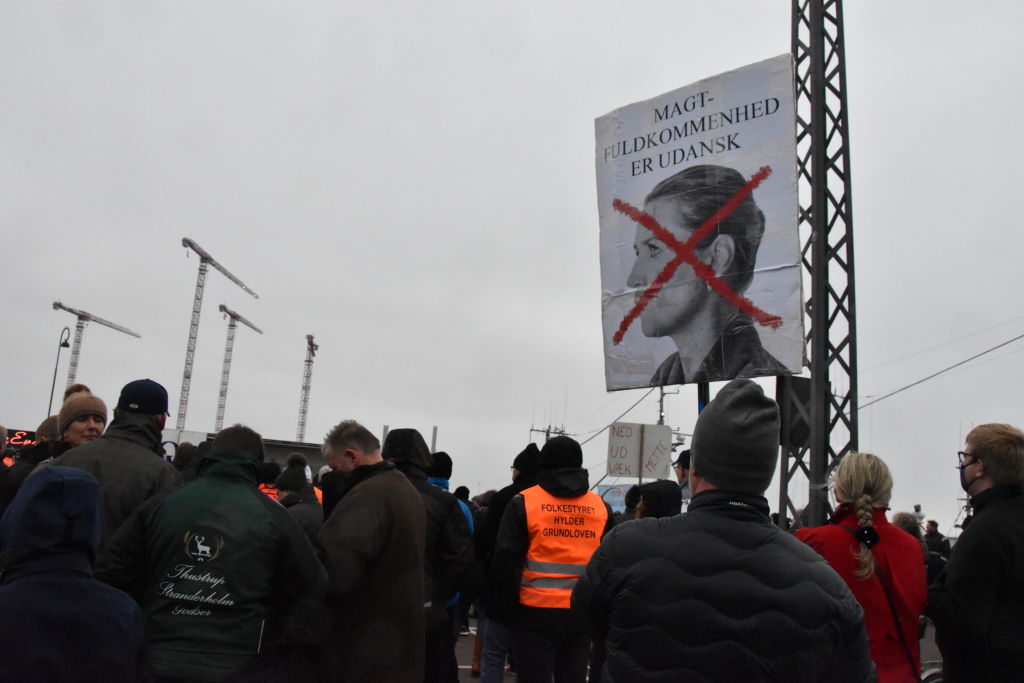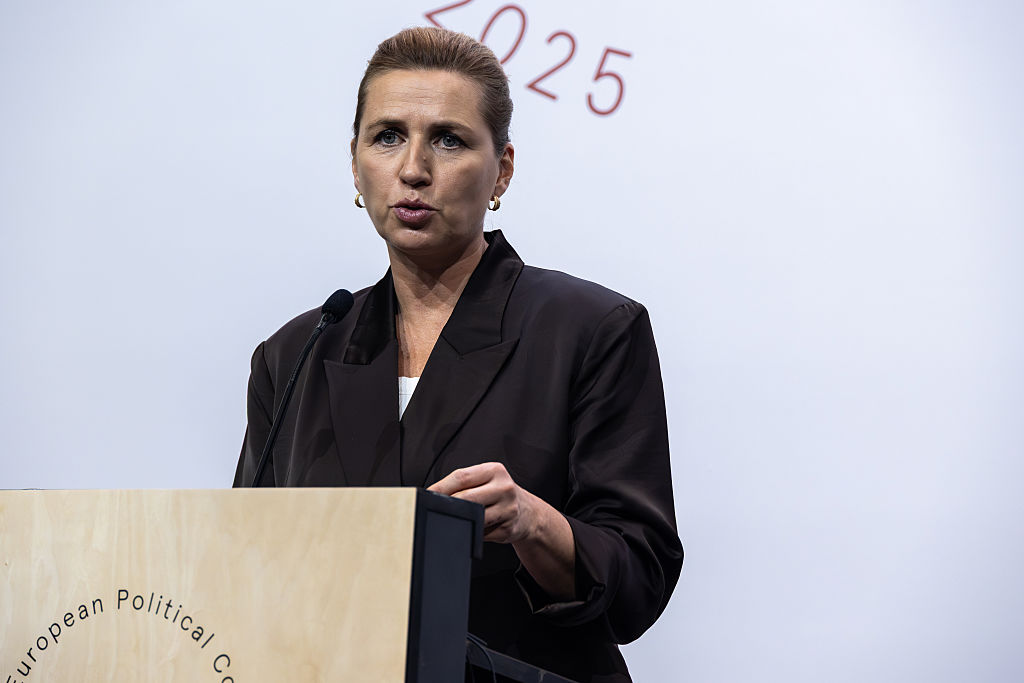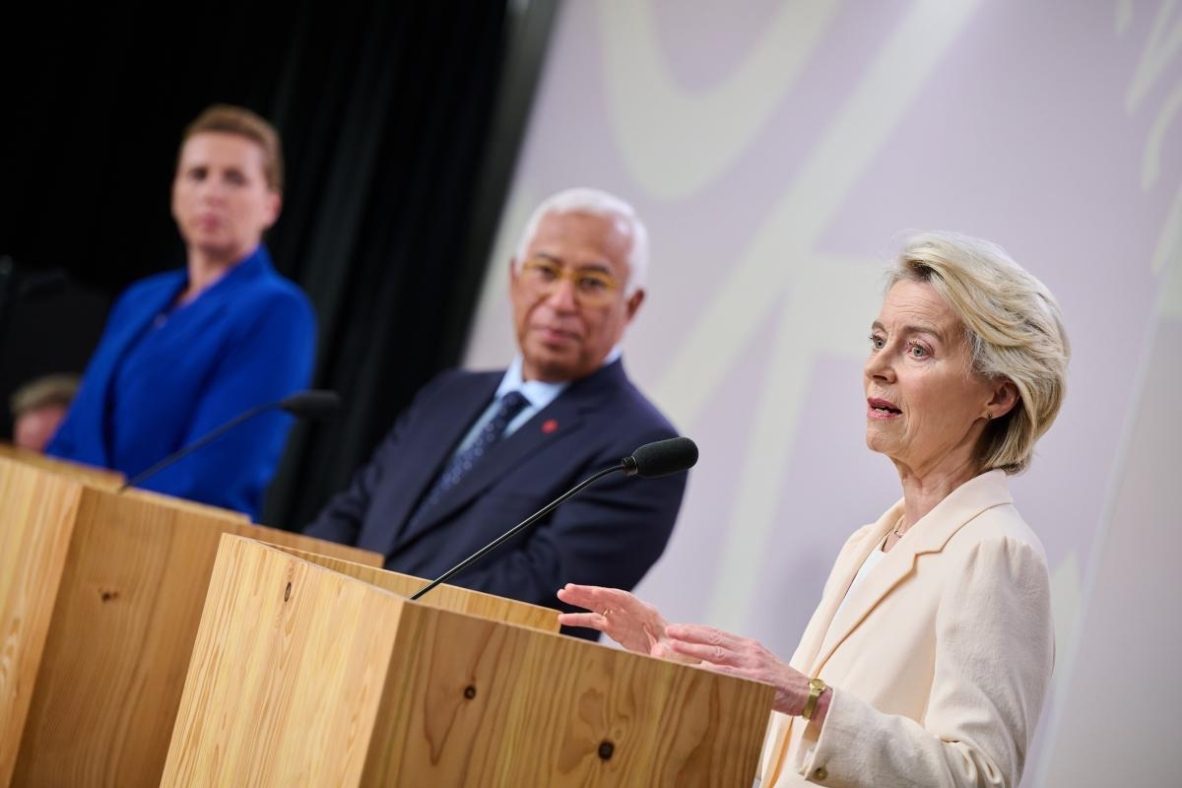Danish government under fire over immigration loophole in student visa scheme
Opposition parties accuse ministers of losing control after a surge in students and families from Asia exposes cracks in Denmark's tough immigration policy
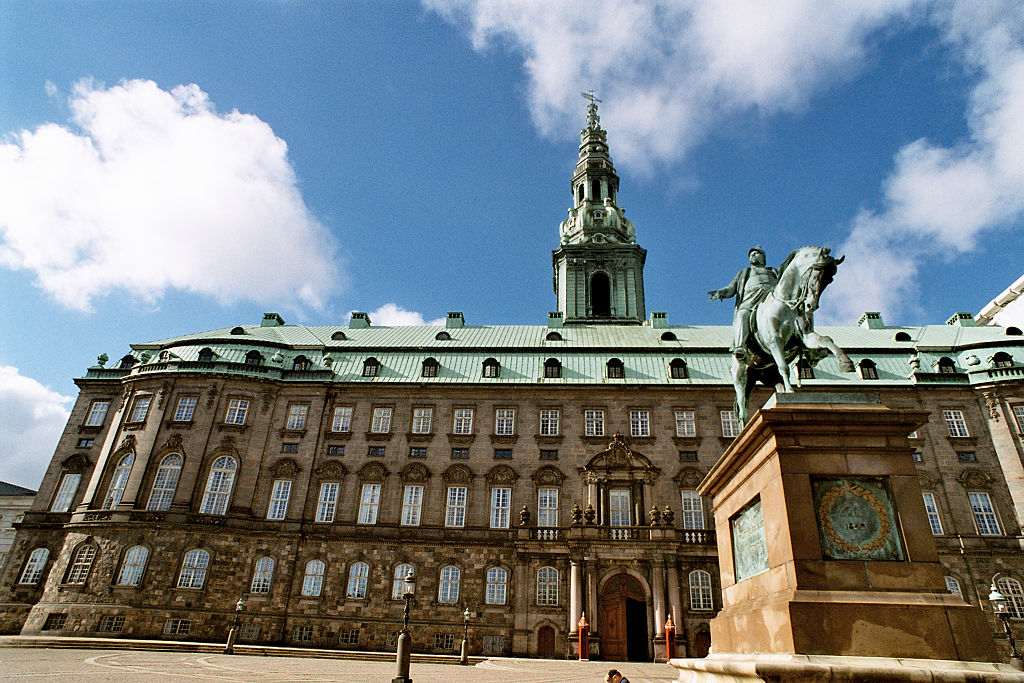
COPENHAGEN – Denmark’s centrist government is facing a political storm after revelations that hundreds of Asian students and their families have allegedly entered the country through a student visa scheme.
Stoklund will be questioned in parliament on Tuesday after Danish media reported in August a tenfold increase in international students from Nepal and Bangladesh from 190 students in 2019 to 2.146 last year.
Opposition parties, including the Liberal Alliance and far-right Danish People’s Party, have called for an inquiry, accusing the government of “losing control” of the country’s strict immigration policy.
“There is little to suggest that the government understands how serious this matter is,” Mikkel Bjørn, a far-right MP and vice-chairman of the immigration committee in the Danish parliament told Euractiv.
With national elections due next year, the backlash could not come at a worse time, as opponents sense political opportunity in questioning the ruling coalition’s credibility on one of its defining issues.
Frederiksen’s political headache
Prime Minister Mette Frederiksen’s coalition – formed by her Social Democrats, the Liberals, and the centre-right Moderates – has built its reputation on one of Europe’s toughest immigration lines.
However, the latest scandal has exposed an unexpected flaw in the country’s policy. Under current rules, foreign students from third countries who hold a visa are allowed to bring their families to Denmark – granting both the students and their relatives access to the labour market.
Right-wing parties now argue that the system is being abused, with applicants using the visas as a backdoor to work in Denmark. The number of accompanying family members has risen tenfold in recent years, according to data from Statistics Denmark obtained by the investigative outlet Frihedsbrevet.
Universities in the line of fire
The controversy first erupted two months ago, when Roskilde University – located 30 kilometres west of Copenhagen – was found to have a disproportionately high number of students from Bangladesh. Sixteen percent of the university’s new master’s students now come from the country.
Politicians from several parties, including government parties, accused universities of “running their own immigration policy” in contradiction with the government’s restrictive stance. The far-right party even demanded the resignation of Education Minister Christina Egelund.
Frederiksen herself publicly rebuked the university, saying universities should not “determine Danish immigration policy”. Following her comments, the chair of Roskilde University’s board, Carsten Toft Boesen stepped down, even though the admissions in question were legal.
The university later acknowledged that its international admissions had “got out of hand” and stressed that Roskilde is “primarily for Danes.”
Closing the loophole
Since the scandal broke in August, the Danish government has moved to tighten oversight and close the loophole of international admissions.
New measures include higher Danish-language requirements for international students, stricter documentation of qualifications, and closer monitoring of recruitment practices. Further restrictions will take effect in 2026, including a ban on foreign students bringing spouses or partners to Denmark.
Still, opposition parties dismissed most of the initiatives as “quick fixes”.
“It’s great that measures are being taken,” said Danish People’s Party MP Mikkel Bjørn. “But I’m puzzled that the government does nothing to repair the damage that has already been done.”
He added that students who entered on “questionable qualifications” should be deported immediately. “If it were up to me, they’d already be on a plane back to Bangladesh.”
According to attorney Bjørn Dilou Jacobsen – an expert in immigration and human rights law – the issue is far from simple.
Each case would require an individual legal assessment to determine whether a student visa had been granted on false information. Even if that were the case, authorities would still need to assess whether deportation could raise human rights concerns under Article 8 of the European Convention on Human Rights – which protects the right to family life.
MP Sofie Lippert from the Green Left has also called the situation “an obvious problem”, adding that “student visas must not be used to exploit the system”.
The immigration ministry has not responded to Euractiv’s request for comment at the time of publication.
(cs, mm)




